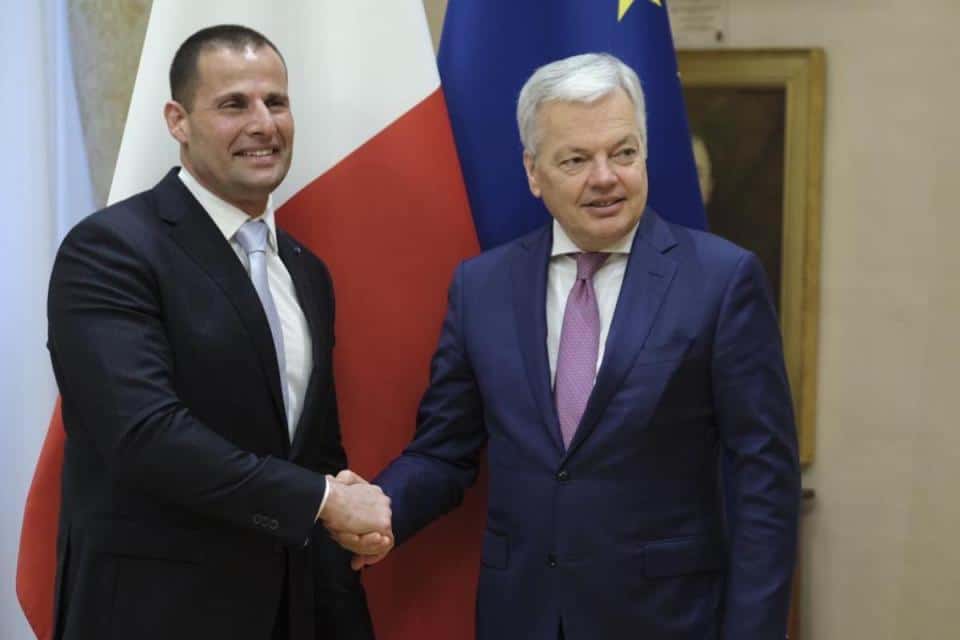
The European Commission’s rule of law report on Malta finds very slow progress on its recommendations for reform. It is especially scathing on the government’s failure the improve the working environment of journalists.
“While the media reform process launched following the publication of the report of the Daphne Caruana Galizia public inquiry is still ongoing, no measures have been adopted to improve the working environment of journalists. The Committee of Experts set up for this purpose was granted additional time to carry out wider consultations. The review of the Freedom of Information Act remains pending and media houses and citizens continue to face obstacles when requesting access to information held by public authorities. No steps have been taken to enhance the independent governance and editorial independence of public service media. The absence of a legal framework to ensure transparency in state advertising remain an issue of concern. While there have been no developments with regard to the legislative framework establishing the Broadcasting Authority, a Constitutional Court judgement has clarified the authority’s role.”
Journalists continue to face challenges in the exercise of their profession, the Commission found. The government has recorded no progress in any of the Commission’s press freedom recommendations. Progress on the sectors of justice and fighting corruption are sparse.
The Commission records a few administrative measures taken by the government to improve matters in Malta’s courts but “most efficiency indicators … have worsened”. No other European country takes as long as Malta to decide administrative cases and the rate with which cases are closed has slowed down. “Comprehensive actions to address concerns regarding the efficiency of justice in all jurisdictions remain to be implemented,” the Commission complained.
Improvements on the anti-corruption front are just as rare. The recommendations of the Daphne Caruana Galizia inquiry “remain to be implemented” and the cases started by the Attorney General but there has been “no progress on establishing a robust track record of final judgements”. Which is Commission-speak for ‘it’s not enough to start prosecuting corruption. You must finish the cases as well.
The Commission also recalled how the Constitutional Convention that was supposed to meet in 2020 has still not convened.
The Commission’s recommendations at the end of this year’s report are nearly identical to the report from last year since little to no progress has been achieved since then. The recommendations are for Malta to:
- Take steps to address the need for involvement of the judiciary in the procedure for appointment of the Chief Justice, taking into account European standards on judicial appointments and the opinion of the Venice Commission.
- Further strengthen efforts to improve the efficiency of justice, particularly to reduce the length of proceedings.
- Step up measures to address challenges related to the length of investigations of high-level corruption cases, including by establishing a robust track record of final judgments.
- Adopt legislative and other safeguards to improve the working environment of journalists, including on access to official documents, taking into account European standards on the protection of journalists and on access to official documents.
- Strengthen the rules and mechanisms to enhance the independent governance and editorial independence of public service media taking into account European standards on public service media.
- Take measures to establish a National Human Rights Institution taking into account the UN Paris Principles.
- Introduce a framework for public participation in the legislative process.